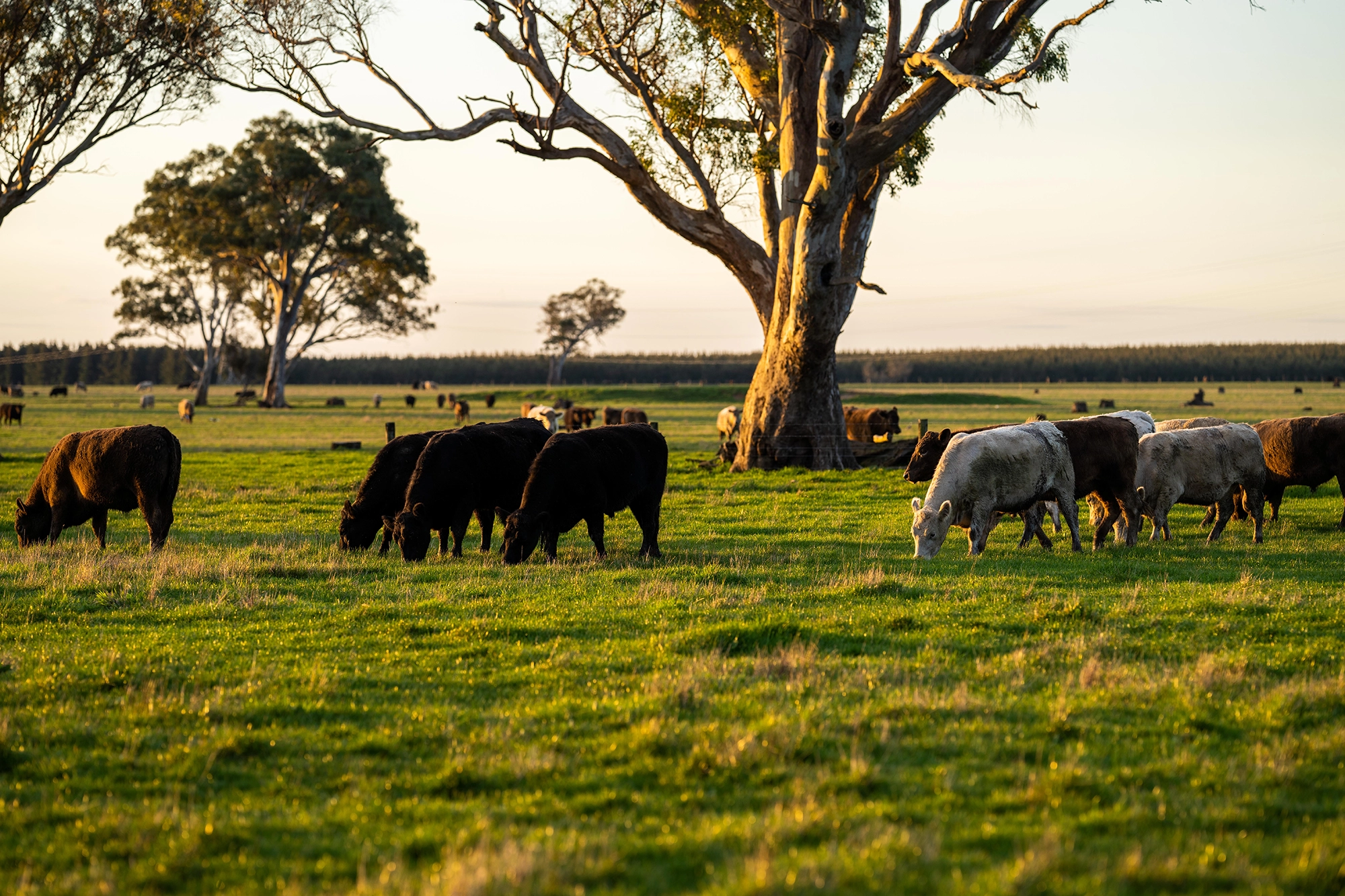
Program Lead
Sam Clark
Sam Clark, Professor of Animal Genetics at UNE, leads research on livestock productivity, feed efficiency, and methane reduction. He directs major breeding projects and mentors emerging scientists, aiming to improve sustainability across plant and animal agriculture in Australia.
